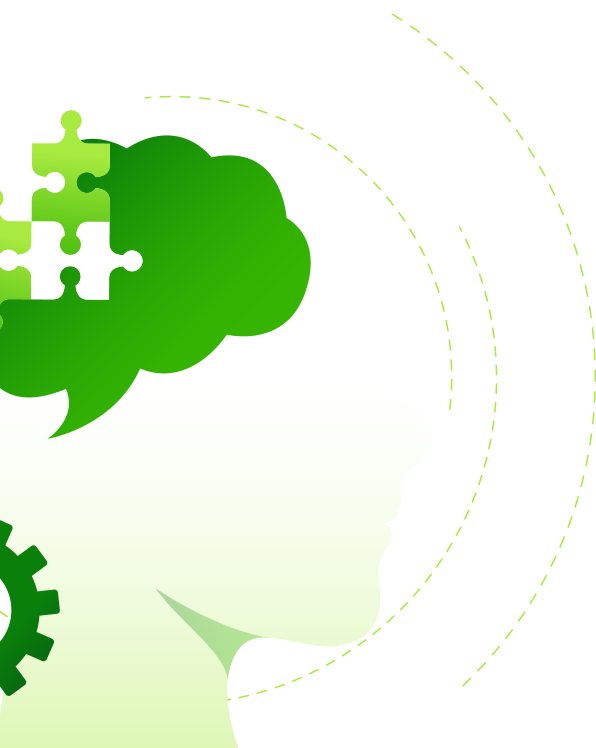
June 8, 2025
In today’s fast-paced world, mental health struggles like anxiety, depression, and stress-related disorders are more prevalent than ever. While therapy and medication are essential components of care, many people overlook the powerful role nutrition plays in emotional and psychological well-being.
At Evolving Minds Psychiatry, we believe that healing the mind involves nurturing the whole person — body, mind, and spirit. What we eat directly impacts how we feel, think, and cope. This is the foundation of the “Peaceful Plate” — an approach to mental wellness through intentional, supportive nutrition.
The Science: Your Gut and Brain Are Talking
You may be surprised to learn that your gut is often called your second brain. It produces about 90% of the body’s serotonin, the neurotransmitter that regulates mood, appetite, and sleep.
A disrupted gut (from processed foods, stress, or antibiotics) can trigger inflammation, affect neurotransmitter balance, and intensify symptoms of depression, anxiety, or even brain fog. Supporting gut health with nutrition is a critical part of supporting mental peace.
Key Nutrients That Calm and Support the Mind
Omega-3 Fatty Acids
- Why: Known for reducing brain inflammation and enhancing serotonin function.
- Sources: Fatty fish like salmon, flaxseeds, walnuts.
Magnesium
- Why: Helps relax the nervous system and regulates the body’s stress response.
- Sources: Leafy greens, pumpkin seeds, legumes, avocados.
B Vitamins (especially B6, B12, Folate)
- Why: Vital for the synthesis of mood-regulating neurotransmitters.
- Sources: Eggs, beans, whole grains, fortified cereals.
Probiotics & Prebiotics
- Why: Promote a balanced gut microbiome, which directly affects mood and cognition.
- Sources: Yogurt, kefir, kimchi, garlic, onions, bananas.
Tryptophan
- Why: Precursor to serotonin, often associated with calming and sleep support.
- Sources: Turkey, eggs, seeds, and oats.
What to Reduce for a Clearer Mind
While nourishing foods help the brain, certain foods can disrupt mental balance:
- Refined Sugar: Triggers inflammation and blood sugar crashes that lead to mood swings.
- Excess Caffeine: Overstimulates the nervous system, increasing anxiety or irritability.
- Processed Foods: High in additives and low in nutrients — these can harm gut health and worsen symptoms of depression and anxiety.
Practical Tips to Start Your Peaceful Plate Journey
- Begin Gradually: Start by replacing one processed snack with a whole-food alternative.
- Hydrate Well: Dehydration can mimic symptoms of anxiety and fatigue.
- Keep It Simple: Focus on colors and variety — your plate should look vibrant and natural.
- Notice the Shift: Pay attention to how your mood changes when your nutrition improves.
Why This Matters for Your Mental Health
At Evolving Minds Psychiatry, we specialize in treating mood and anxiety disorders, ADHD, trauma, and more. We know that nutrition isn’t a cure-all — but it is a critical ally in your mental health journey. Combining food-based interventions with psychotherapy and medication management enhances your body’s ability to stabilize and thrive.





